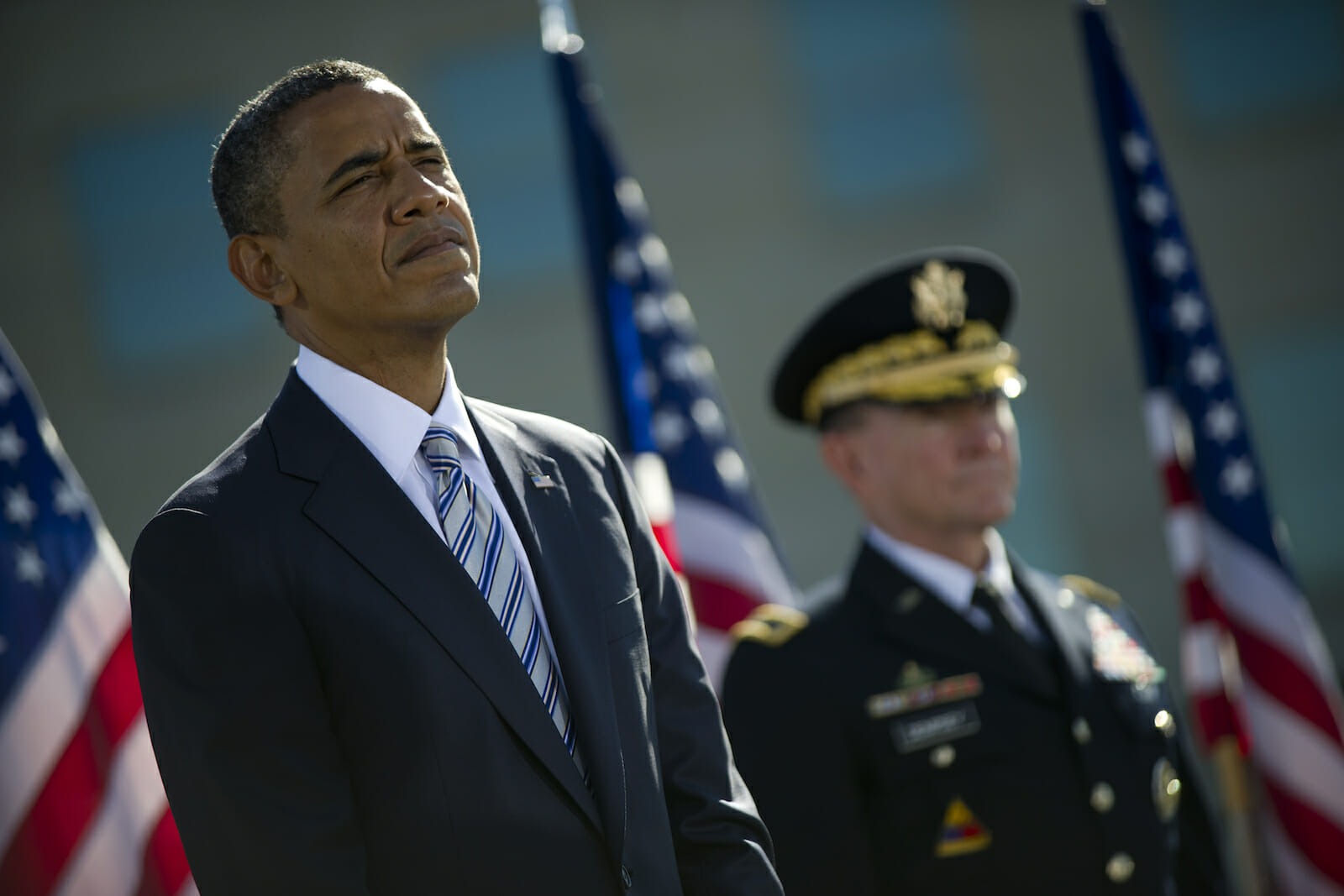
Politics
Avoiding the People’s Representatives: ISIS and Congress
Nastiness is not exclusive. Nor can it be banished by noble evocations of protecting those who are in danger or being prosecuted. In politics, those distinctions become even less significant. The next chapter in the sanguinary saga of ISIS and its progress in Iraq is the involvement of US strikes, the decision for which was incubating in the White House situation room for some time. Congress was certainly not present, and the political chess players in Washington evidently feel that involving that often confused body was not in the interests of the administration.
There are problems of a considerable magnitude here. For one, President Barack Obama himself acknowledged them when dealing with the issue of congressional authorisation some twelve months ago. Then, it was Syria and threatened deployment of force over the use of chemical weapons. The words are laced by a necessary duplicity – Congress, for instance, does not give the President official authority to use drones in Waziristan, or for that matter a host of low-intensity conflicts involving American personnel and material. Call it another name, and it slips through the net.
When it came to the issue of Syria, the political paparazzi were all too keen to see what he had come up with. Then, Obama wanted the US to target Assad’s targets, but would only so as “President of the world’s oldest constitutional democracy.”
Fine, and sterling stuff, and would be even better if true. “I’ve long believed,” he continued to say, “that our power is rooted not just in our military might, but in our example as a government of the people, by the people, and for the people. And that’s why I’ve made a second decision: I will seek authorisation for the use of force from the American representatives in Congress.” It never came, and the red line turned distinctly pale in retreat.
The point for Obama was roping in Congress and making the deal a collaborative one. We bomb, but not alone. We bomb together, excited by the humanitarianism of the moment. Even more strikingly, there is a sense that the enterprise, criminal or otherwise, must be shared in.
“We all know there are no easy options. But I wasn’t elected to avoid hard decisions. And neither were the members of the House and the Senate. I’ve told you what I believe, that our security and our values demand that we cannot turn away from the massacre of countless civilians with chemical weapons. And our democracy is stronger when the President and the people’s representatives stand together.”
The point about the US intervention now is that Obama did not seek an overly legalistic explanation via the 2002 AUMF (Authorization for Use of Military Force against Iraq Resolution). “The President is authorized to use the Armed Forces of the United States as he determines to be necessary and appropriate in order to…defend the national security of the United States against the continuing threat posed by Iraq.”
It was one of those documents that masquerades as law when it is, in fact, simply a broad expression of power. To suggest that the ISIS threat, when absorbed into the Iraqi dilemma, somehow poses a threat to the US, is something of a contortion of reasoning, though it is not without some attraction. What the President deems necessary has a breath and width tyrants would yearn for. The original remit had been protecting US staff and interests, but these have ballooned in focus. The President is now relying on his “inherent” powers to do a bit of mischief.
As Jack Goldsmith argues, “It is not at all hard to interpret this statute to authorize the President to use force today to defend US national security from the threat posed by the ISIS-induced collapse of Iraq.”
It may not be hard to, but such lazy reasoning is exactly the point why the Republic is in such terrible bother: open ended declarations of liberty to intervene in other states; the policeman’s insatiable lust to correct states of disorder on some pretext of doing good.
Congress is not in a state to offer coherent support. It is barely able to back Obama on basic issues of budgetary finance, and finding a uniting voice is nigh impossible. Speaker John A. Boehner of Ohio has suggested that the President has succumbed to a fit of “parochial thinking,” not because he was reserved, but that he should have acted sooner. “Vital national interests are at stake, yet the White House has remained disengaged despite warnings from Iraqi leaders, Congress and even members of his own administration.”
Those off the patriotic drugs of intervention are critical from the other side – that the President is succumbing to a bit of old fashioned bloodlust in pushing the American agenda in Iraq. Representative Barbara Lee, Democrat of California, oozes the anti-war flavour, and suggests that, “While the President has existing authority to protect American diplomatic personnel, I remain concerned about US mission creep in Iraq and escalation into a larger conflict, which I oppose.”
What Obama, and his team will rely on, are those desperate pictures, the cruelties being practiced on the Yazidi sect, the cultural war being waged, and the war on Christianity, to justify further claims for intervention. The issue of whether boots will suddenly reappear on the ground is all too real. Congress remains the Republic’s side show observers.
The only ones to be really cheering may well be the Kurdish peshmerga, who find a genuine prospect of statehood coming out of the slaughter. ISIS has become their great foe, but paradoxically, it may well be their great deliverance. There are reports of Kurdish forces fighting back. They will be pleased, understandably, with any help they can get.

